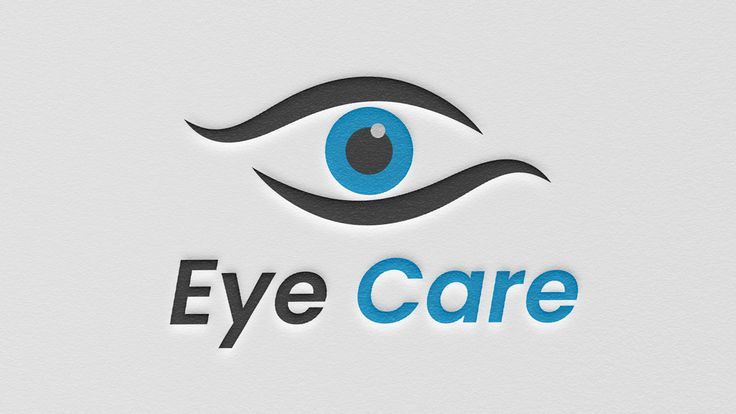Corneal Services in Zaheerabad
Home/Services/Corneal Services
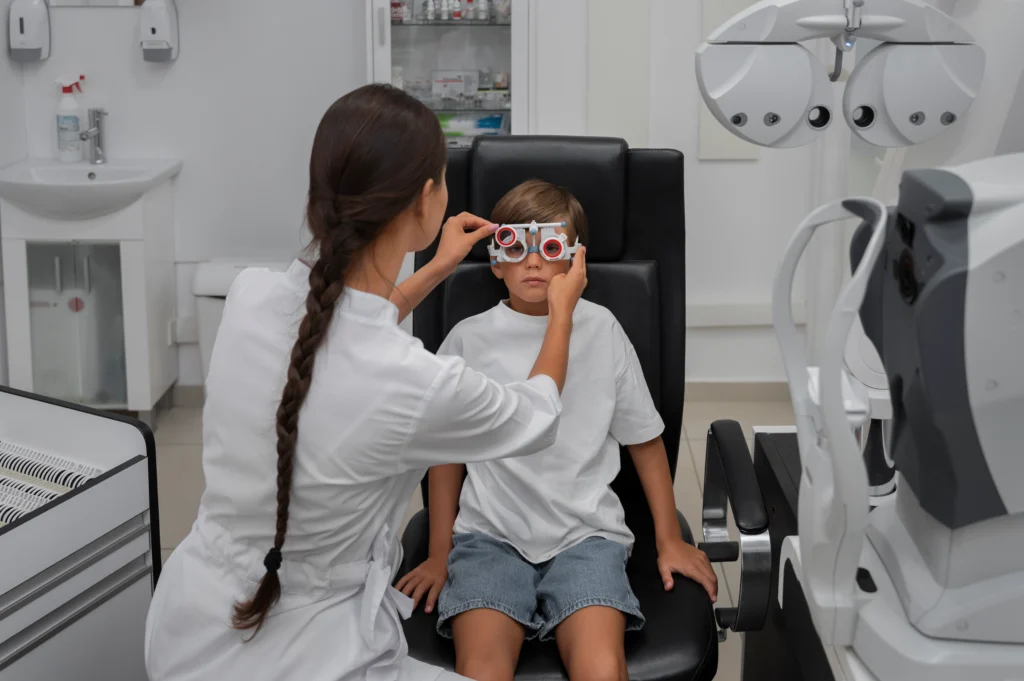
What are Corneal services?
The cornea, resembling a domed windshield at the front of the eye, serves as a protective barrier against debris and germs, while also filtering certain UV rays. Its primary function is to allow light into the eye and facilitate vision by focusing light onto the retina. Various conditions can affect the cornea, potentially leading to vision problems. Corneal services encompass a range of treatments aimed at addressing these issues.
Blurred vision: Difficulty seeing clearly, which can affect both near and distant vision.
Eye pain: Sensation of discomfort or pain in and around the eye, often described as aching or sharp.
Redness: The eye may appear red or bloodshot, indicating inflammation.
Light sensitivity: Increased sensitivity to light, causing discomfort in brightly lit environments.
Excessive tearing: Abnormal tearing or watery eyes, unrelated to emotions.
Foreign body sensation: Feeling like there’s something in the eye, even if nothing is present.
Difficulty with night vision: Problems seeing in low-light conditions, such as dimly lit rooms or night driving.
Medications:
- Antibiotics: Used to treat bacterial infections of the cornea.
- Antiviral drugs: Prescribed for viral infections like herpes simplex keratitis.
- Anti-inflammatory drugs: Reduce inflammation and discomfort, often used in conditions like keratitis or uveitis.
Eye Drops and Lubricants:
- Artificial tears: Provide relief for dry eyes or surface irregularities.
- Steroid eye drops: Reduce inflammation in conditions such as uveitis or allergic keratitis.
Surgical Procedures:
- Corneal Transplant (keratoplasty): Replacement of a damaged or diseased cornea with a healthy donor cornea.
- Corneal Cross-Linking: Treatment for keratoconus to strengthen and stabilize the cornea.
- Phototherapeutic Keratectomy (PTK): Uses laser to remove superficial corneal irregularities or dystrophies.
- Refractive Surgery: Corrects vision by reshaping the cornea, includes LASIK, PRK, or SMILE.
Specialized Contact Lenses:
- Bandage Contact Lenses: Protects and promotes healing of corneal abrasions or ulcers.
- Scleral Contact Lenses: Provide relief and vision correction in cases of irregular corneas, such as in keratoconus.
Follow Post-Operative Instructions: After procedures like corneal transplants or refractive surgeries (e.g., LASIK), it’s essential to adhere strictly to the instructions provided by your eye surgeon. This includes using prescribed medications as directed, attending follow-up appointments, and avoiding activities that could strain the eyes.
Avoid Rubbing Your Eyes: Especially during the healing phase after surgery or when experiencing eye irritation. Rubbing the eyes can introduce bacteria or irritants, potentially leading to infection or disruption of the healing process.
Protect Your Eyes from Injury: Wear protective eyewear during activities that could expose your eyes to trauma or foreign objects, such as sports, yard work, or construction.
Use Eye Drops as Prescribed: If your treatment involves using medicated eye drops or lubricants, follow the recommended schedule and dosage. This helps maintain eye moisture and aids in healing.
Avoid Exposure to Irritants: Minimize exposure to smoke, dust, strong wind, and chemicals that could irritate the eyes. If exposure is unavoidable, use protective eyewear or take measures to shield your eyes.
When do I need Corneal Services?
Keratoconus is a condition where the cornea progressively bulges into a cone shape, causing vision impairment. This condition worsens over time and cannot be reversed. However, early detection allows for stabilization through C3R (CXL) therapy. In advanced stages, corneal transplantation may be required.
Symptoms of keratoconus include:
– Decreased vision clarity
– Sensitivity to light
– Blurriness in vision
– Distorted vision
– Eye irritation
– Changes in prescription requirements
How our experts treat it
Corneal transplant surgery can be likened to replacing a damaged windowpane in your eye. This procedure is necessary when the cornea is impaired due to trauma or infections. It involves replacing the damaged tissue with a healthy donor cornea obtained through eye donations. This surgery aims to enhance vision and is crucial in restoring sight for those affected by corneal issues.
Corneal Collagen Cross-Linking (C3R) therapy acts as a reinforcement for your cornea. It works by promoting the bonding of collagen fibers, thereby enhancing the strength of the cornea, particularly effective in the initial phases of keratoconus. This minimally invasive treatment helps halt the advancement of the condition, potentially preventing the necessity for a complete corneal transplant in the future.
FAQs
Can I still see without a cornea?
Your cornea serves more than just a clear layer; it plays a vital role in focusing approximately 75% of your eye’s visual capacity. Without it, your vision would suffer significantly. Therefore, ensuring the health of your cornea is essential for maintaining functional eyesight.
Can the cornea be affected by diseases or conditions?
Indeed, the cornea is susceptible to infections, injuries, degenerative conditions, and various other issues. These can cause inflammation, scarring, thinning, or irregularities in the cornea, which in turn can lead to impaired vision.
What are the common symptoms of corneal problems?
Corneal problems frequently result in symptoms such as blurred or distorted vision, eye discomfort, redness, sensitivity to light, excessive tearing, a sensation of foreign matter in the eye, and diminished clarity of vision.
Can corneal disorders be tretated?
Certainly! While many corneal disorders are manageable, treatment approaches vary depending on the specific condition. They may include medications, prescribed eye drops, specialized contact lenses, corneal transplantation (keratoplasty), or in some instances, refractive surgery.
Can contact lenses damage the cornea?
Improper use or inadequate hygiene when using contact lenses, as well as wearing them for extended periods, can cause various corneal problems. These issues can range from minor abrasions to more serious conditions such as microbial keratitis and corneal ulcers. Therefore, adhering to correct lens care guidelines and scheduling regular check-ups is crucial for contact lens wearers.
Can the cornea be transplanted from a living doner?
Corneal transplants utilize tissue from deceased donors. Unlike many organs, the cornea does not require a blood supply, enabling transplantation from one deceased individual to another.
Our Services
Book An Appointment
Why Choose Eyecare Optical and Clinic ?
- Experienced Doctors
- Cutting-edge Technology
- 1000+ Trusted Patients
- 10+ Years Services
- 10,000+ Surgeries
- 100% Accurate Results
- Quick Recovery
- Your Vision Is Our Focus
- Treatments
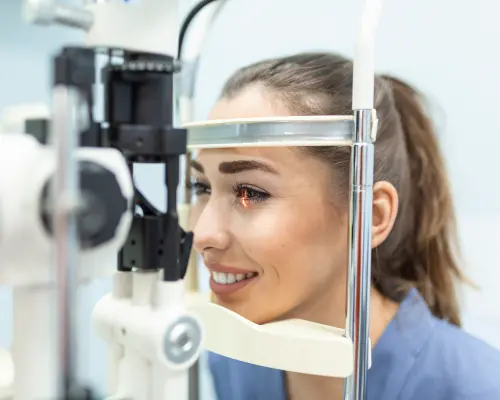
Customised LASIK
Personalized LASIK is a type of vision correction surgery that is more accurate and specific than normal LASIK since it is customized to the specific flaws in each patient's eye.
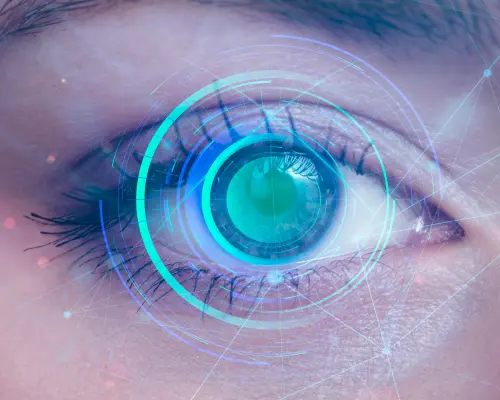
Retina Services
Retinal services include specialist medical care for the diagnosis, treatment, and management of disorders and diseases that impact the retina.
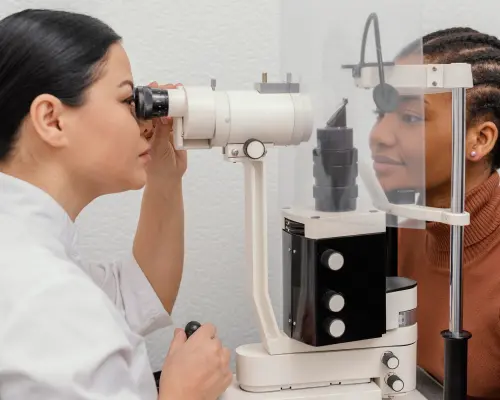
Corneal Services
The clear front surface of the eye, the cornea, is affected by a variety of diseases and ailments, which Corneal Services specializes in identifying, treating, and managing.
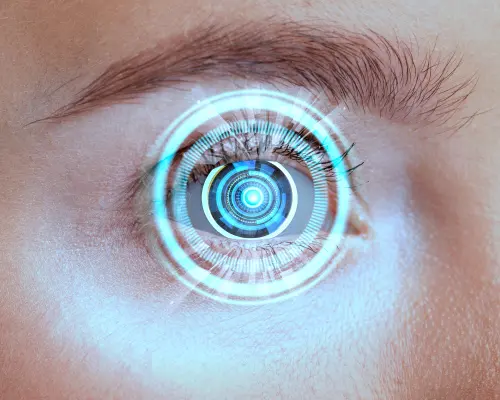
Anti-VEGF Agents
Anti-VEGF therapies are drugs that prevent aberrant blood vessel formation and leakage by blocking vascular endothelial growth factor (VEGF).
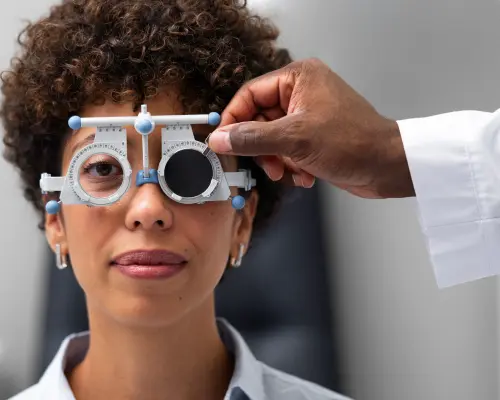
Epi-LASIK
A form of refractive surgery called epi-LASIK uses a laser to separate and reshape the corneal epithelium in order to treat visual issues like astigmatism, hyperopia, & myopia.
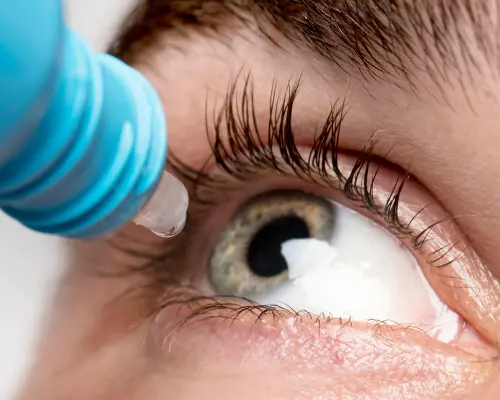
Dry Eye Treatment
To control symptoms and enhance tear production, dry eye treatment options include prescription drugs like cyclosporine, artificial tears, and lifestyle modifications.
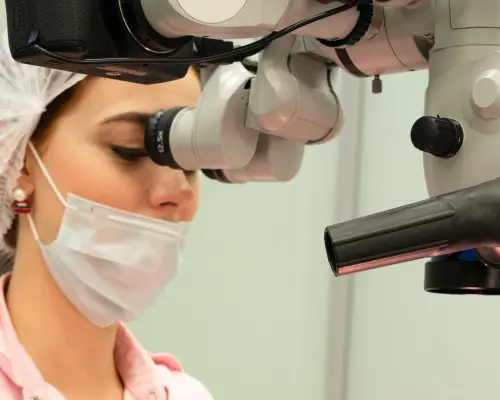
Contoura Vision
Contoura visual is a highly precise LASIK eye surgery treatment that corrects visual abnormalities using topography-guided technology.
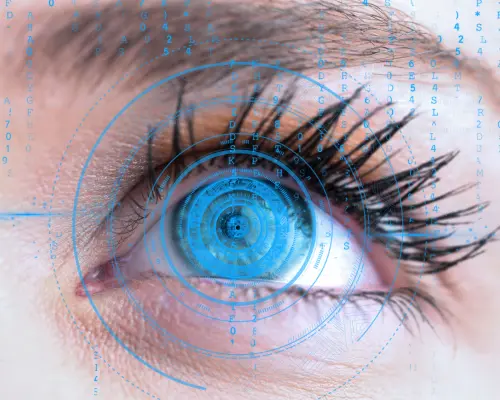
ICL
The term "ICL" refers to Implantable Collamer Lenses, a kind of corrective lens that is placed inside the eye to cure astigmatism, hyperopia, and myopia.
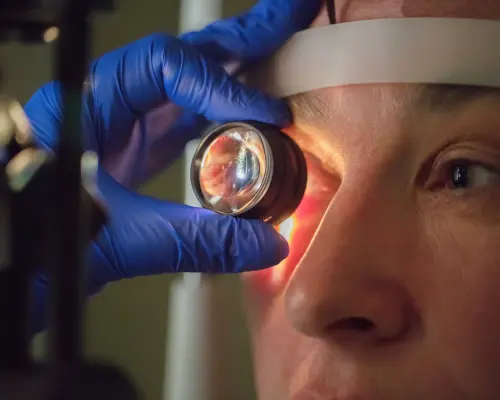
Cataract Surgery
The process of having a cataract surgically removed and a clean artificial lens placed in its place restores eyesight.

